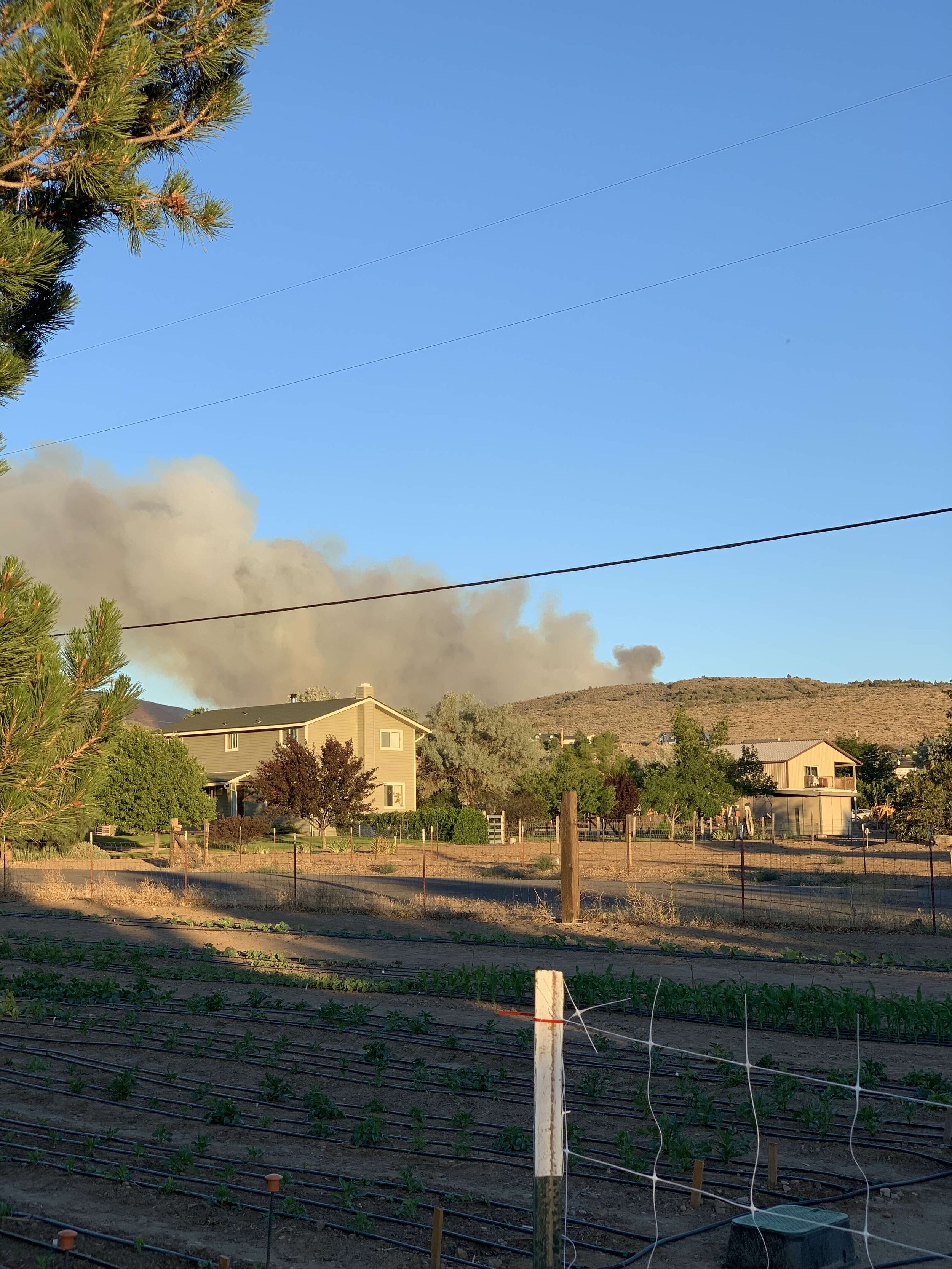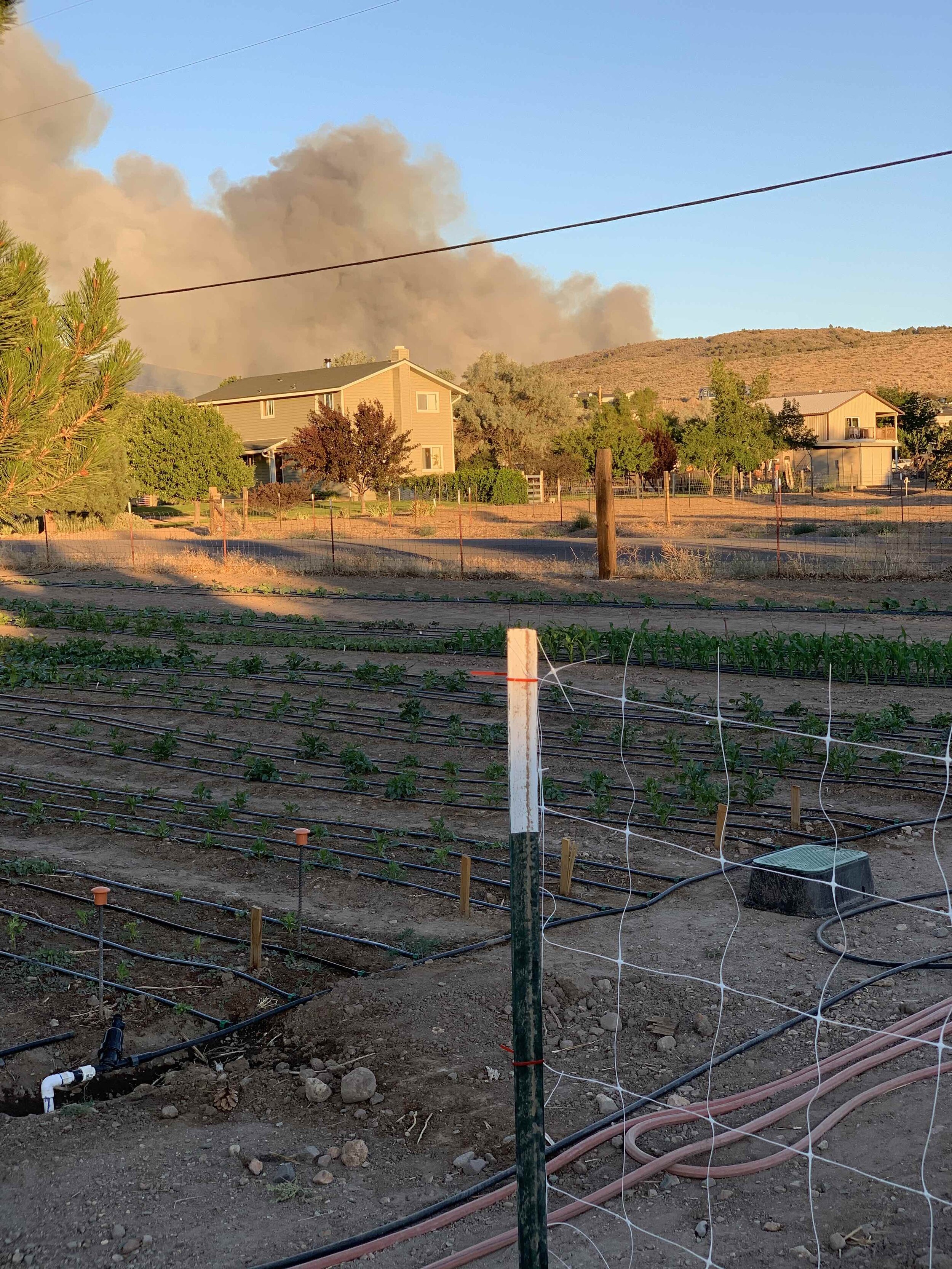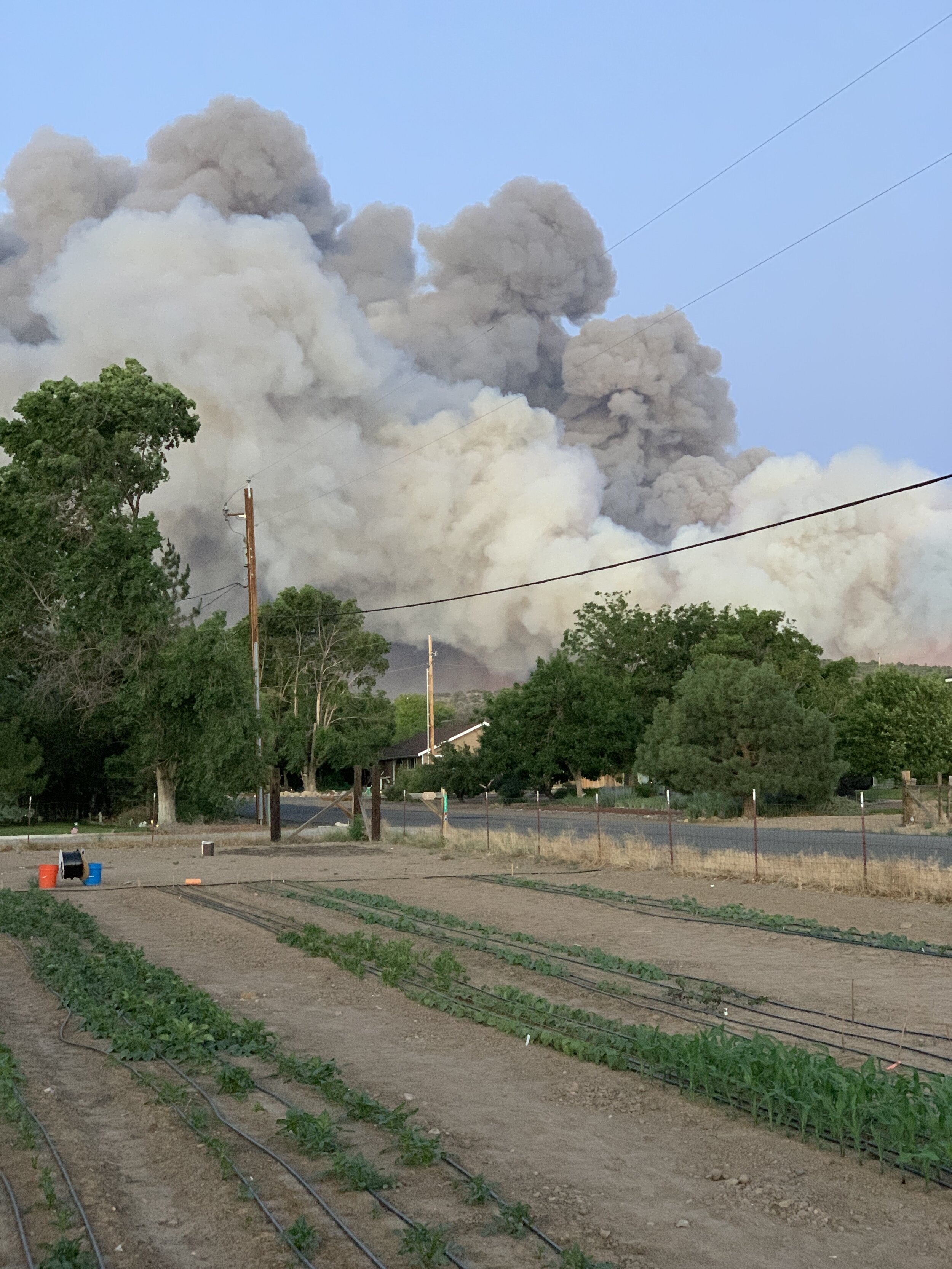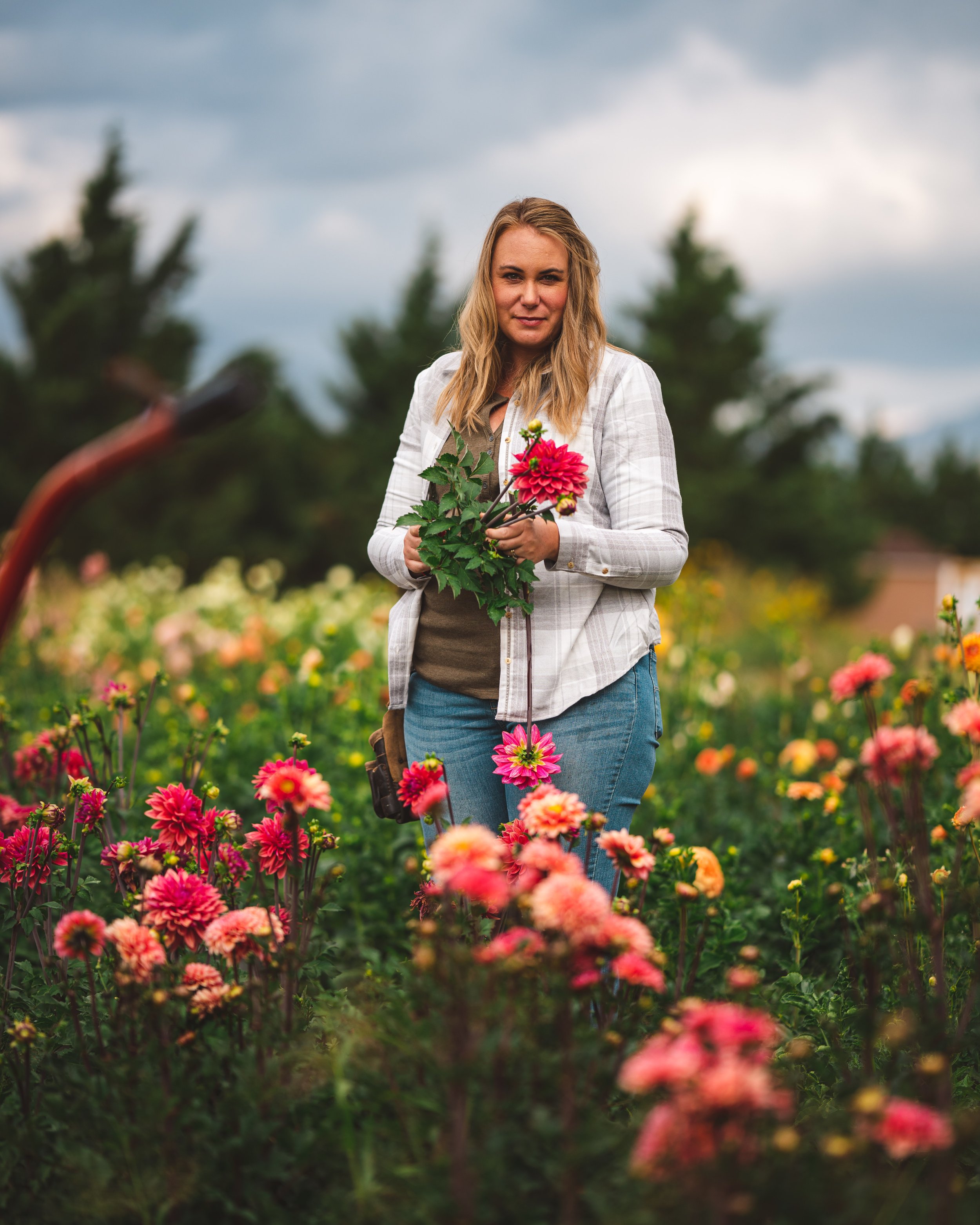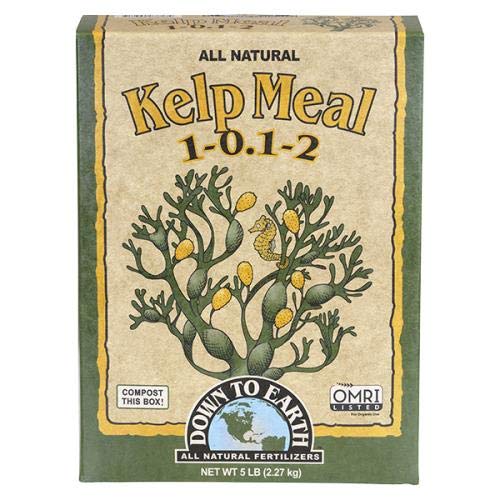Nitty-Gritty: Wildfire Smoke Impact on Garden
Update 9/14/20: Years ago I had written this blog post on the impact of wildfire smoke. Wildfire smoke is no stranger to us here in the Carson Valley. The Sierras hover high above us, we are in the dry high desert climate, many various national forests are simply a car ride away. We are in a prime area to either have wildfires ourselves or have the smoke from other nearby areas settle into our valley.
Late summer is simply wildfire season. Lightening hitting dry brush after a dry winter, truckers dragging chains sending out sparks on some dried sage just off the highway, forgetful campers, cigarette butts thrown out the car thoughtlessly and sadly, even malicious arsonists. Whether naturally caused, human caused or even policy caused we can have years where we live in campfire without the fun of s’mores.
As if the year 2020 hasn’t thrown enough at us, this year is off the charts terrible with out of control fires. Earlier in the season, we had one hit very close to our home. On a seemingly average July Monday evening I was out in the field harvesting for my Tuesday deliveries. It was about 6pm. Headphones blasting with 80s music along with the echo of squeals from my girls as they jumped on the trampoline and wrestled with our dog. Super normal night. Graham was due to be home soon. All of a sudden I look up at a ridge that peers down from us and I see a plume of smoke. Sirens began to drown out the music. A few minutes later I look up again, the cloud of smoke was getting larger and darker. Finally, I could hear the helicopters overhead, I looked again and that smoke was way too close for comfort! My phone rings, it’s Graham unable to get home, he had to take the back way through a beaten dirt road filled with potholes. At that same moment, our neighbor came rushing to me in the field with eyes almost wild with worry. He wanted to know where Graham was. He wanted to see me and the girls evacuated. This was bad. Haven’t I been listening to the scanner? Did I get the reverse 911 call? The answer to both of those was no.
There were multiple fires simultaneously going, the one close to our house development the worst. This particular neighborhood had come under threat of a massive fire only a handful of years ago, one of our concerns about buying a home here. A few years ago, just on the other side of hill a rental house my Aunt and Uncle inhabited nearly burnt down, just across from the highway my friends house almost did as well. These were from different fires but all close to this same area. Now there were multiple fires going all at once. Not to mention, there were also fires being attended to up in the Lake Tahoe area. It was a domino effect of circumstances that had us evacuating our children and dogs, hastily moving deliveries and packing the few things precious to us: an old trunk filled with our girls’ childhood memories, camera gear, photos, records, a handful of buckets filled with blooms to at least be able to fill some orders if the worst case scenario happened and lastly my hoard of seeds. At the minimum, if a fire was going to take out our house or lick the field with its flaming tongue, we could at least have the opportunity to start over.
With about five different fires to tackle, air support had to be grounded as the night began to swallow the sky. It was windy and if the wind switched, which is common here, the fire was just over the ridge. With the help of the wind, the fire could run rampant down the remainder of the hill and grow larger with each gulp of someone’s house. People were racing down our little street sixty plus miles per hour in the effort to flee, clenching the few things they could fit in their vehicles. Police had set up down the highway, turning folks around to keep the scene clear. Patrol vehicles racing down the street as officers began knocking on doors, evacuating families. Horses being stuffed in trailers, neighbors helping neighbors- our community coming together. It was a frightening evening where you feel completely powerless. You also realize how much of your belongings can quickly become meaningless when looking at the real possibility of losing it all.
Janey was frightened, as she watched the smoke, the flames and the rushing cars. With their suitcases filled with their favorite dolls and stuffed animals, we put them in the backseat of their Grandparent’s vehicle. Janey clenching onto me, crying not wanting to leave me and Emma stunned but trying to stay the strong older sister to soothe Janey. As a mom and a wife I felt completely torn. A husband wanting to stay behind while my children wanting me to leave with them. It was a horrible moment and heartbreaking. Having to make quick decisions. With lots of hugs and reassuring words, I was able to unclench Janey’s grasp on me. They needed to get out before it got any worse or more difficult to leave. This is not what I expected to happen on such a normal Monday evening.
Once we sent the girls and the dogs with their grandparents, my husband determined to stay close to our home until it was absolutely necessary to leave, I stayed with him. Able to have some peace of mind and heart that the girls were safely at their grandparents home, eating their favorite dinner of noodles. Janey had finally settled down after a full tummy and a bubble bath.
With both vehicles packed with our what we felt would have to be what we could potentially have to start all over with. Feeling rather tired and lost, we walked down the street. We weren’t the only ones. A handful of neighbors carried on despite the sound of sirens and rushing of vehicles. Once those who were going to leave left, with the glow of the fire lighting up the neighborhood it became eery. Unsettling yet a calmness came over us.
A custom order I had thankfully put together before all the chaos, it was packed up and ready to go too!
Sirens and the sound of chirping crickets were all the sounds in the neighborhood that night. Leaving the crackle of the scanner on, finally the adrenaline left us as we found something to eat for dinner (is 11pm still dinner time appropriate?). Graham stayed up most of the night while I finally collapsed with exhaustion.
The cause was an accident, a trucker unknowingly driving with chains dragging on the asphalt sparking numerous small fires that later was deemed the “Numbers Fires.” It is amazing how quickly fire can get out of control. The wind stayed in our favor and the fire moved away from our neighborhood. One house up in the hills with an outbuilding was lost. It could have been a lot worse.
Sadly, for much of the west coast, it has gone a lot worse. We were lucky and had amazing men and women fighting unrelentlessly to keep us safe.
That night, the last thing on my mind was the impact of the smoke on our garden.
For much of California and Oregon friends, I think it is quickly becoming not as revelant to them. There is a difference on the impact of wildfire smoke that is mild coming in from miles away just making the skies dark and the air icky in comparison to severe amounts of wildfire smoke and thick ash settling on your garden.
First and foremost, you must take care of yourself. You lungs, your health. Smoke is rough on the healthiest of folks but can be life threatening to those with underlying health problems. The garden will never trump taking care of your health. You matter more than the plants.
In areas with severe wildfire smoke, the ash and air quality will have a negative impact. The ash and smoke smother the plants and block the sunlight. This could simply flag the end of your season. You must know when it is time to let the garden go.
With that said, for less severe wildfire smoke, here are some tips and nuggets of information to put your ease at mind, once again, your health and safety comes before the plants. The great thing about being a flower-farmer/gardener is there is always next year to try again.
Smoky skies can make a pretty backdrop for photos, but some fresh air would be even better!
We have been literally in a cloud of smoke for over a month now. School has been cancelled, outdoor activities cancelled and many farming tasks but on the back burner. It is vital to track the air quality on a day-to-day basis. On unhealthy air quality days, try to minimize gardening tasks. I learned this the hard way when I worked for a full twelve hour day in the dense smoke planting and harvesting years ago as ash floated down like snow. I made myself sick for over a month after that one. Smothering my pillow in eucalyptus oil and breathing in steam, nothing brought relief. I felt incredibly sick and ended up cancelling going to farmer’s market… which is also in general a smart decision if it is too smoky. The problem is, at least what we are finding this year, we don’t know when the smoke will go away. Take care of yourself by not doing anything out in it unless necessary.
We have had a couple days here and there that at least you don’t wake up to the dense smell of smoke clogging your nostrils and burning your throat.
Smoke is incredibly dehydrating. It is drying out your respiratory system. I am not a doctor but this is some common knowledge. Your skin is your biggest organ of the body, one of your first lines of defense and needs to breathe. Your nasal passages and mouth are all being impacted by the smoke drying them out too. Drinking lots of water is absolutely essential, make sure you stay hydrated. Your skin is the last organ to receive hydration, it needs it more than ever. In our family, we have also been taking vitamin C, vitamin E and some other respiratory supporting supplements. The best thing we can do is give our bodies the leg up it needs to be able to keep detoxing and functioning the best way it can. We have definitely been feeling more tired and crummy all around. We live in high elevation where the air is thinner (especially since I grew up at sea level- it’s a big change!). Athletes come up here to train because when they head back to sea level, their body has learned to perform under less oxygen. Here we are in a place with less oxygen coupled with terrible air quality. Well, enough about how to take care of the grower, let’s dive into a little bit about what could be happening with your garden.
The smoke was a little less dense but still thick enough to cloak the beauty of Lake Tahoe even from the shore!
Alright, let’s take a stroll back in time to the beginning of acne and bumming off sticks of gum from classmates. Middle school. Let’s hone in more and go back to biology. I know, I try not to think back then either, with the dissection of pig hearts and creepy long night-crawlers, icky. Let’s focus more on an area I obviously fell in passion for: plants. Oh yeah, we’re going there. Photosynthesis.
Harvesting has become a task we don’t fool around with! Trying to do it when the air quality is a little better otherwise going fast to hustle indoors.
You know your feeling icky with this smoke, does that mean your garden is too?
Nope. Actually, you can argue that, especially in the heat of the summer, this smoke is helping out your garden! Yes, there is a silver lining in these devastating fires. Not much of a silver lining but we’re here and going to look on the positive side.
Air quality affect on plants
So we need oxygen, yes? Yes. Plants create oxygen but do they need it? Well, they like that lovely carbon dioxide. According to New Mexico State University, the smoke is actually giving them a “carbon dioxide fertilization.” Going back to basic biology- the plants need carbon dioxide to create energy (sugars) and basically poop out oxygen as a byproduct. Even though we are feeling the burning in our chests from the smoke, our plants are completely fine and are actually enjoying it. Plants like balance, as long as we can help them stay in balance they will not be impacted by the air quality. More on that later.
Blocked sunlight
With the smoke comes the haze. I am craving seeing our blue skies once again, these days you wouldn’t even know we had Job’s Peak looming over us. Nothing like some wildfire smoke to make you feel like the world is crashing in on you. But what about the affect on plants? They need the sunlight. The sunlight is where they gather the carbon dioxide to create the sugar and energy right? Yes, they do but we are already having additional carbon dioxide in the air. It’s close to looking like doomsday out there in the haze but not quite. We’re getting breaks and the sun is peeking. Actually, in the heat of the summer your tomatoes and other plants are probably appreciating the harsh UV lights being filtered a bit. I remember the year we had all that terrible ash and smoke from the Yosemite area was the year with some of my best tomatoes! Tomatoes appreciate some relief from the afternoon sun, it’s rough on them. It allows them to set more flower buds which in turn gives you more tomatoes. Don’t worry, they are getting plenty of sunlight still, just a little less harsh on them. The worse thing is they *may* get a little on the leggy side. I have not personally seen that happening in the garden, actually, the plants are pretty stout right now! Even my little seedlings that I just direct sowed a few weeks ago.
Ash here there and everywhere
Thankfully, we aren’t seeing giant snowflake size pieces of ash flying in the air but smaller ash-flakes sure are there. What started out as tiny particles over the past few weeks have escalated to being more visible with the most recent fire. Not fun to breathe in but wood ash is actually beneficial to plants. Obviously, I’m not talking in smothering quantities but with the levels we’re experiencing it has upsides. Wood ash is a common soil amendment. It has potassium, phosphorous, calcium and other trace minerals that make plants happy. Disclaimer: ash in large amounts in soil already alkaline is a big no-no (typically). Acidic soils benefit from wood ash being added to help bring that pH down. End of disclaimer. With a wildfire, we don’t get to choose whether our blueberries are getting a dose of it or not. There are still benefits and plants are resilient, they want to grow and can handle natural occurrences better than if we mistakenly amend our alkaline soil with a full wheelbarrow of ash from our woodturning stoves. This is one of those times where I let nature take it’s course.
So what to do?
Put weeding on the back burner. As long as your garden is getting water, it will forgive your neglect for a few days until the air quality improves. The gardener’s well being is more imperative than the garden. It does not need you to babysit or go hose the ash off today or even in the next week. Stay indoors and can some salsa. When the smoke has run it's course, then you can hose off those plant babies (early in the morning so they don't get powdery mildew!).
Bump up the watering. Make sure your garden is staying hydrated. If there is any kind of stress the plants are experiencing with the wildfire smoke, consistent watering and maybe a few additional minutes more will help them to overcome that. Just like we need to up our water intake during this time, the plants need the same. I highly recommend having your garden on drips, if possible. Drip irrigation and a timer also allows you to hunker down indoors and not worry that your garden is dying of thirst. We prefer to get our drip irrigation from here.
Phosphorous help plants in distress and it is a vital nutrient in the development of blooms. The good news is that the ash has you covered there! If you are still worried about your plants are being too stressed and are looking sad, hit them with some kelp, preferably when the air quality improves- once again the gardener is more important than the garden. If the ash is rather thick, hose it off before application.
To learn more about plant nutrition be sure to read my blog post on that here.
Wash your harvest thoroughly
Any visible ash, wash down produce well before consuming or giving to customers. For flowers, wash the hardier ones more gently and be sure that they are entirely dry before placing in the cooler. Flower farmer friends, if the ash on the flowers is too thick, think about cancelling orders until conditions improve. With good communication, your customers will be more than understanding. Honestly, most of them would be more upset to hear you were out working in those hazardous conditions!
Overall, the garden will be what it is. Unfortunately wildfires are one of those disasters that are much out of our hands. Try your best to be as hands off with the garden as you are able, watch that air quality and only do the absolutely necessary tasks. If you have orders to fill, be realistic with the situation and communicate openly with your customers. They are living in the cloud too, they get it! Take the time to watch movies with your kids, bake some cookies to make the house smell a little better or even better yet! Take some of that eucalyptus your growing and take with you into your next shower.
Any readers who have had to deal directly with the wildfire smoke and it’s impact on your growing garden, farm, crops and yourself- tell us in the comment section below your challenges, your approach and result- we want to hear from you!
Here’s to us farmers and gardeners who have to be reminded to put ourselves first once in a while. Hopefully, fall rains will come soon to start helping to cleanse the air and give us a reprieve!
Until next time, we are looking forward to helping you hand blooms soon!
Jessica & Graham
Here are some affiliate links to products that you may find useful!
The immunade vitamin c is a must have in our house for a number of reasons all of which ultimately helps protect your lungs! You can top dress your garden with some kelp meal in lieu of going out and spraying. The plants can get what they need and you get to stay out of the smoke. On especially smoky days, I have been relying on the throat spray, it soothes the throat and brings relief (plus it makes your breath smell good!). I found a respiratory mask with good reviews, I really hope that the use of that doesn’t become a must but it would be better to be safe than sorry. Tell you what, this smoke gets any worse this season- I’m ordering one! Bonus, could make for a fun/creepy Halloween costume!
